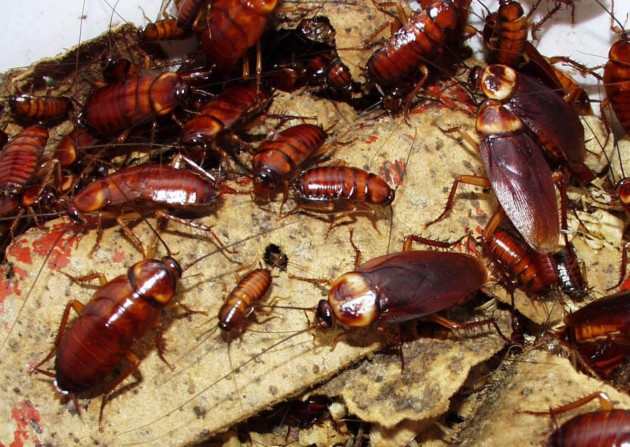I have become so inured to our president’s racism that it took me a moment to register the ugliness of a recent anti-immigrant tirade, where he referred to people crossing the border as “animals.” Here’s his statement, as reported by Dara Lind of Vox:
President Donald Trump referred to some people deported from the United States as “animals” during a roundtable discussion about California’s “sanctuary” law on Wednesday. After a California sheriff commented that her county is unable to notify ICE when an MS-13 gang member is in jail for a minor crime, Trump launched into a riff about “people trying to come in” and being deported who are “not people. They’re animals.”
As Lind notes,
It’s the latest in a series of statements stretching over Trump’s entire national political career that carelessly conflate immigration, criminality, and violence.
Let’s put aside for the moment whether any human being–including an MS-13 gang member or, for that matter, a white supremacist who shoots up a church or a school—should be regarded as an animal. Trump’s use of metonymy, with the image of a criminal immigrant standing in for all immigrants, is designed to inspired fear of “the Other.”
For the record, Trump is not just targeting criminals:
No matter how Trump is portraying his policy, his administration is not focusing on deporting people who have committed particularly heinous crimes, gang members, or people with criminal records. From Trump’s inauguration to the end of 2017, ICE arrested 45,436 immigrants without criminal records.
Lucille Clifton has a poem that captures what gives Trump’s metaphor its power. One would think that killing cockroaches isn’t controversial, and her poem “at last we killed the roaches” at first seems unexceptionable.
To be sure, in one of those unfortunate instances of evolving language, the poem has taken on unintended secondary meanings since she wrote it. “Roaches” is slang among some on the right, including police, for people of color living in urban areas.
As it turns out, however, the secondary meanings add to Clifton’s point because she doesn’t let herself, a descendent of people who were targeted by hate mobs, off the hook. As she cleans her house, she realizes that even she is not immune from the thrill of righteous slaughter:
at last we killed the roaches.
mama and me. she sprayed,
i swept the ceiling and they fell
dying onto our shoulders, in our hair
covering us with red. the tribe was broken,
the cooking pots were ours again
and we were glad, such cleanliness was grace
when i was twelve. only for a few nights,
and then not much, my dreams were blood
my hands were blades and it was murder murder
all over the place.
I’m struck by the use of the religious word “grace.” Do Trump’s evangelical followers feel a thrill when he goes after immigrants from “shithole” countries and urban inhabitants living in “hellholes”? Do they feel anything like those who were whipped up to join the crusades to fight the infidel or for those eastern European Christians whose anti-Semitic pogroms were set in motion by Good Friday sermons? Many who participated in 20th century lynchings were born again Christians who believed they had been washed in the blood of the lamb.
The exhilaration of cleansing can slide into “murder murder all over the place.” Trump is trafficking in very, very dangerous imagery.


